Introduction
In the rapidly evolving landscape of business and technology, market research is undergoing a significant transformation. One of the forefront innovations leading this change is the integration of chatbots into market research processes. Chatbots, powered by artificial intelligence (AI), have shown immense potential in revolutionizing how businesses gather valuable market insights. In this comprehensive blog post, we will delve into the reasons why chatbots are poised to be the future of market research.

- Enhanced User Engagement and Accessibility
Chatbots offer a highly engaging and accessible way to conduct market research. They provide an interactive and conversational platform for users, allowing them to provide feedback, answer surveys, and participate in research studies effortlessly. Users can engage with chatbots through familiar messaging apps, making it a convenient and user-friendly experience.
- Real-time Data Collection and Analysis
One of the significant advantages of using chatbots in market research is the ability to collect data in real-time. Chatbots can instantly gather responses from a wide audience and analyze the data on the spot. This speed of data collection and analysis enables businesses to make rapid, data-driven decisions, which is critical in today’s fast-paced business environment.
Also Read: Exploring Effective Consumer Research Methods: A Comprehensive Guide
- Personalized and Targeted Surveys
Chatbots have the capability to personalize surveys based on user interactions and preferences. By leveraging AI algorithms, chatbots can tailor questions and responses to each individual, ensuring a more targeted approach to market research. This personalization enhances the accuracy and relevance of the data collected, ultimately leading to more informed insights.
- 24/7 Availability and Global Reach
Unlike human researchers, chatbots are available round the clock to engage with users. This 24/7 availability makes it easier to reach a global audience across different time zones. As a result, businesses can conduct research on a larger scale and obtain diverse perspectives from various regions, making their market insights more comprehensive and representative.
Also Read: The Top 8 Ways That Businesses Can Utilize Alternative Data
- Cost-Effectiveness and Scalability
Chatbots offer a cost-effective solution for market research. Automating the research process reduces the need for human resources and cuts down on operational costs. Furthermore, chatbots can handle a high volume of interactions simultaneously, making them highly scalable and efficient in gathering data from a vast number of respondents.
- Natural Language Processing for Deeper Insights
Advanced chatbots utilize natural language processing (NLP) to comprehend and interpret human language. This enables them to extract nuanced insights from responses, including sentiment analysis and intent detection. NLP helps in understanding not only what respondents are saying but also how they feel about specific topics, providing a deeper understanding of consumer perceptions.

- Iterative Improvement and Learning
Chatbots have the ability to learn and improve over time through machine learning algorithms. As they engage with users and collect more data, they become more proficient at understanding user behavior, preferences, and trends. This iterative learning process ensures that chatbots continuously enhance their performance, making them even more effective in conducting market research.
Conclusion
Chatbots represent a transformative force in the realm of market research. Their ability to engage users in a conversational and interactive manner, coupled with real-time data collection and analysis, positions them as the future of market research. Businesses embracing chatbots in their research strategies are likely to gain a competitive edge by obtaining timely, relevant, and actionable insights for informed decision-making. As technology continues to evolve, chatbots are set to play an increasingly vital role in shaping the future of market research.


